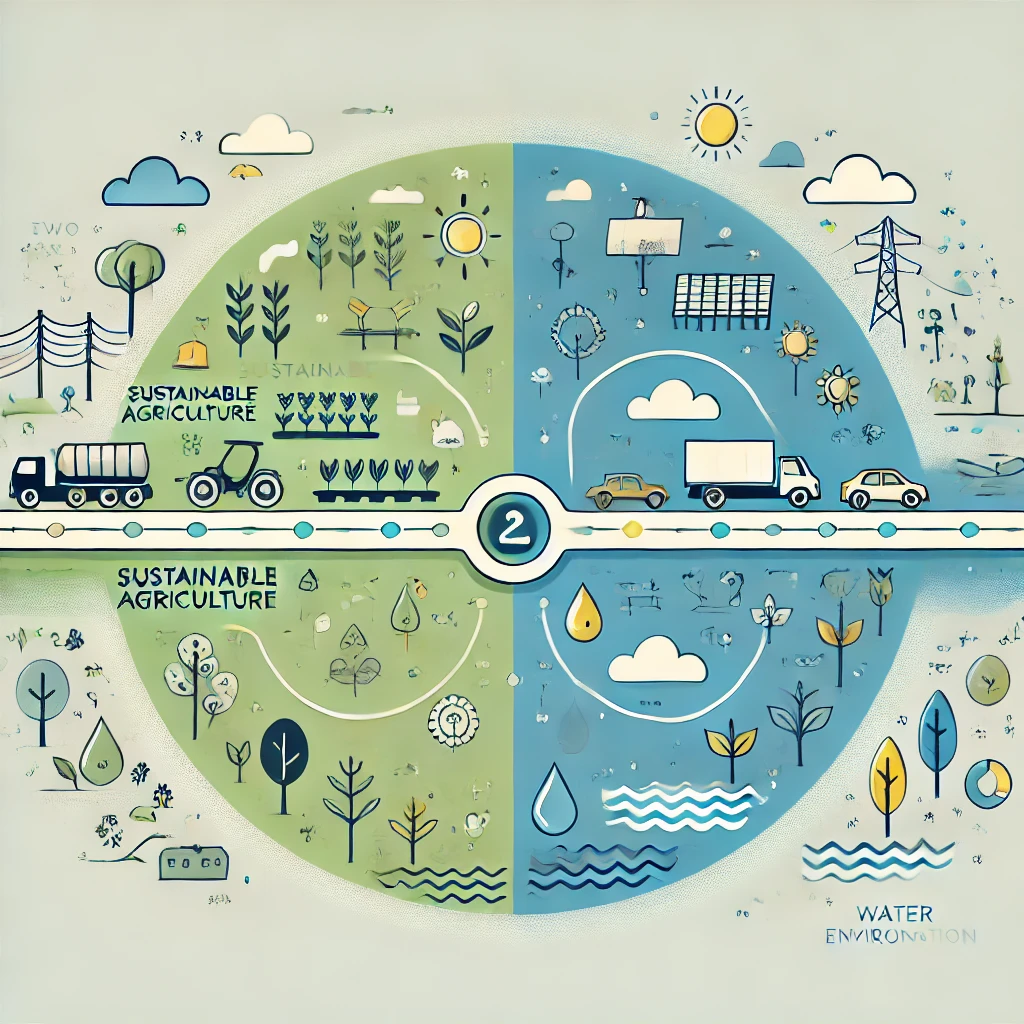Zrównoważone rolnictwo i środowisko: dwie strony tej samej monety

21 03 2025
Kategoria: Seminarium IM
Serdecznie zapraszamy na seminarium Instytutu Mikrobiologii: w piątek 28 marca o godz. 11.00 w sali Rady Wydziału (102A) dr Kumar Pranaw przedstawi seminarium pt.: „Sustainable Agriculture & Environment: Two Sides of the Same Coin„.
Dr Kumar Pranaw przez kilka lat pracował na naszym Wydziale w Instytucie Mikrobiologii w Zakładzie Mikrobiologii i Biotechnologii Środowiskowej, a teraz pracuje na uniwersytecie Jawaharlal Nehru w New Delhi. Będzie w Polsce z 7 dniową wizytą w ramach kontynuacji współpracy w zakresie “Mikrobiologicznych transformacji biomasy odpadowej” Celem wizyty jest prezentacja wyników badań i osiągnięć, które będą podstawą do złożenia wniosku o habilitację na Wydziale Biologii UW.
Abstract:
Sustainable agriculture and environmental conservation are deeply interconnected, forming two sides of the same coin. As global challenges such as climate change, soil degradation, and resource depletion intensify, harnessing microbial resources presents a promising strategy for addressing these issues. This talk explores the potential of plant growth-promoting bacteria (PGPB) and lignocellulolytic microorganisms in advancing agricultural sustainability while simultaneously contributing to environmental conservation. PGPB and their secondary metabolites enhance plant resilience, mitigate drought stress, and suppress plant diseases, offering eco-friendly alternatives to chemical inputs. Their role in improving soil fertility, nutrient availability, and plant health underscores their importance in reducing agricultural dependency on synthetic fertilizers and pesticides. Simultaneously, lignocellulolytic microorganisms and their enzymatic capabilities facilitate the biodegradation and valorization of lignocellulosic biomass, converting agricultural waste into valuable bio-based products such as pigments, biofuels, and biochemicals. This not only promotes waste recycling and a circular bioeconomy but also reduces environmental pollution and greenhouse gas emissions. By integrating microbial biotechnology into agricultural and environmental management, we can develop holistic, sustainable solutions that enhance food security, restore ecosystems, and mitigate climate change.
